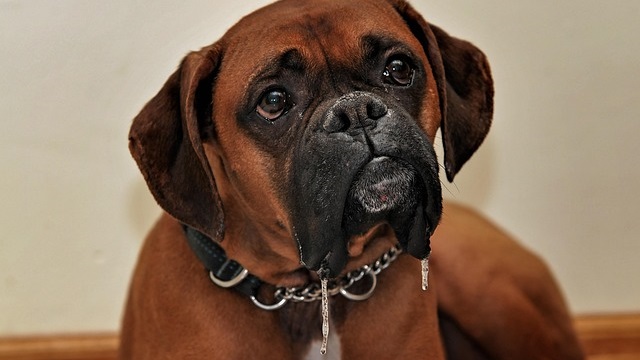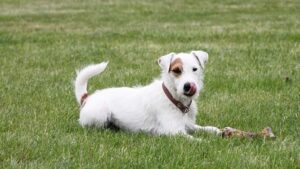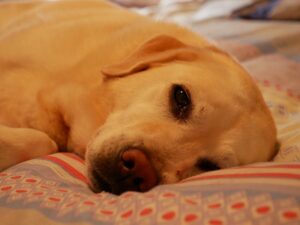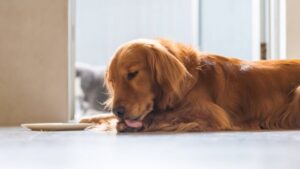Why Is My Dog Drooling So Much? Causes and When to Worry
You’re relaxing at home when you notice your dog leaving wet spots on the floor or drooling more than usual. Occasional drooling is normal, especially around mealtime or when your dog is excited. However, if you’re suddenly asking, ‘Why is my dog drooling so much? ‘ it could point to something more serious.
In this guide, we’ll explore the common reasons dogs drool, dive into medical causes behind unusually high drool levels, and explain when it’s time to worry. We’ll also cover what you can do about it, whether it’s a behavioral issue or a sign your dog needs medical attention. The key is to understand the cause so that you can respond quickly and appropriately.
- Occasional drooling is normal, but excessive drooling may indicate serious medical issues.
- Common causes of excessive drooling include dental problems, nausea, toxins, and stress.
- Monitor your dog's behavior and symptoms; consult a vet if drooling persists.
- Using technology, like a pet smart collar, can track health changes effectively.
Why Do Dogs Drool?
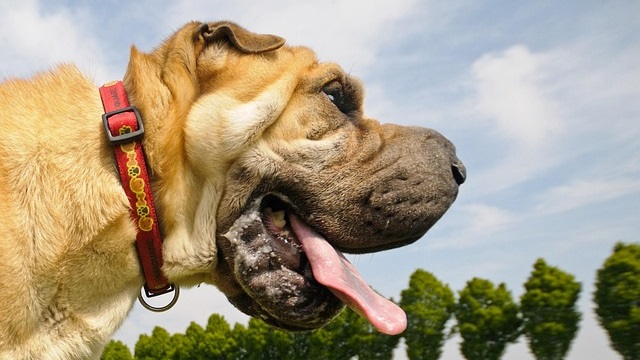
A dog drooling a lot is often normal, especially when your pet is excited or anticipating food. Breeds like Saint Bernards, bloodhounds, bulldogs, Mastiffs, and Newfoundlands naturally drool more due to their loose lips and larger mouths.
Emotions like excitement or anxiety can also trigger hypersalivation. For example, your dog might drool excessively when you’re about to go for a walk or when they’re in an unfamiliar environment.
However, if your canine friend drools constantly without these triggers, it could indicate a medical issue. Conditions like dental problems, nausea, or even poisoning can cause abnormal salivation.
It’s essential to distinguish between normal drooling and excessive drooling, which may indicate underlying health concerns. If it seems out of the ordinary or is accompanied by other symptoms like lethargy or loss of appetite, it’s a good idea to consult a vet to rule out any medical causes.
“I got the Maven sensor for my 14-year-old Chihuahua mix with heart and trachea issues. It gave me back peace of mind – I can track her RRR, BPM, drinking, and activity anytime and know instantly if something’s wrong. Highly recommend!”
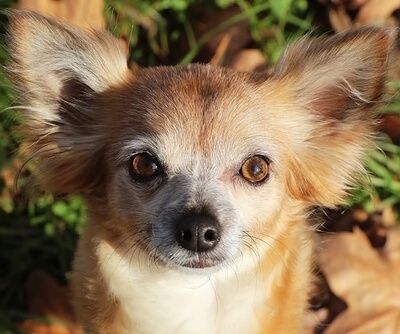
★★★★★
Chiara De Luca
Titti
Medical Reasons for Excessive Drooling
Leaking saliva in dogs can sometimes indicate an underlying medical issue. Although a dog suddenly drooling may seem like a minor concern, it’s important to identify the culprit, as it could indicate a serious problem.
If you are not sure what causes a dog to drool, below are some common medical reasons behind this issue:
Oral Injuries, Dental Disease or Gum Issues
One of the most frequent causes of large amounts of slobber is oral pain or discomfort. If a dog has oral injuries, dental disease, tartar buildup, or gum issues like gingivitis, they may drool more than usual. Additionally, conditions such as broken teeth can cause pain, foul-smelling breath, and lead to uncontrolled salivation.
It is recommended you brush your dog’s teeth regularly, monitor their dental health, and take them to veterinary checkups at least twice a year.
Stressful Situations
Stress and anxiety can lead to increased salivation in dogs, especially during travel, thunderstorms, fireworks, vet visits, or other unfamiliar situations. For example, a canine left at a kennel may return as a dog drooling and lethargic because it has been overwhelmed by anxiety. It’s worth noting that even car sickness or anything that upsets your pet’s stomach can also lead to extreme slobbering.
In some cases, you might wonder, ‘Why is my dog breathing fast, along with drooling? Both can be signs of acute stress or a deeper medical issue that requires veterinary attention.
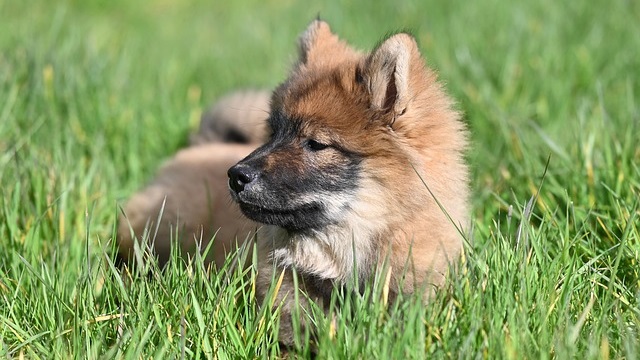
Nausea or Toxin Ingestion
Another reason a dog may suddenly drool is nausea, which can often result from toxins or spoiled food. Dogs are curious and may ingest something harmful, which can cause drooling as a symptom of nausea or poisoning.
Additionally, if they ingest substances such as chocolate, certain plants (e.g., azaleas, tulips, or chrysanthemums), or household chemicals, they may experience severe drooling and require immediate veterinary care.
Heatstroke
Dog excessive drooling can also be a sign of heatstroke, especially if your fur baby has been exposed to high temperatures for too long. In this situation, your dog may be just trying to cool off by salivating.
However, in the event of overheating, they may experience drooling, excessive panting, and other severe symptoms. To avoid this, always provide your pet with fresh water, limit exercise, and keep them inside on very hot days.
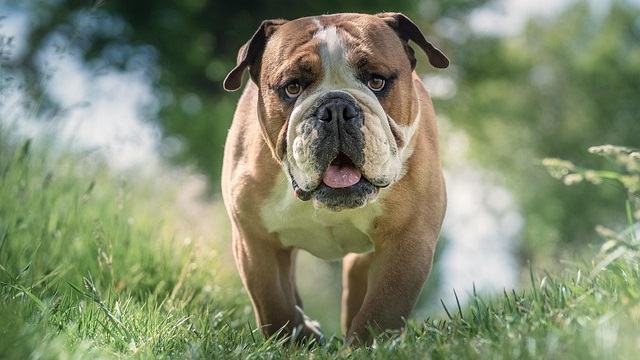
Foreign Object in the Mouth
If a dog gets a foreign object stuck in their mouth or throat, this is another reason for uncontrolled drooling. This can be a bone sliver lodged in the mouth, and the dog might try to remove it by salivating more.
Illness
Various illnesses, such as kennel cough or liver disease, can contribute to an increase in drooling. These conditions can significantly impact your dog’s overall health and behavior. This also includes seizures, rabies, bloating, gastrointestinal disorders, and pyometra, as they all lead to heavy oral discharge.
If you notice other symptoms, such as coughing, lethargy, or loss of appetite, it’s essential to seek veterinary help.
When Should You Worry?
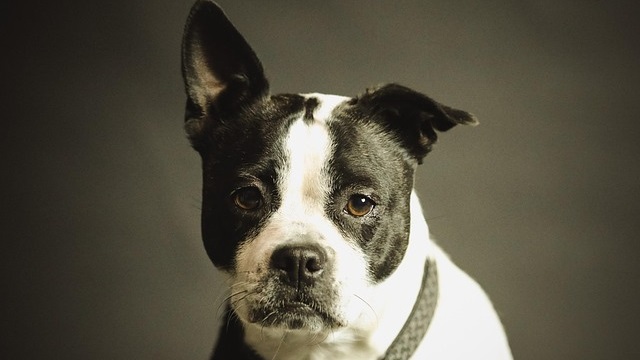
Although some drooling in dogs is normal, excessive drooling can be a cause for concern at times. If you notice a sudden onset of drooling, especially without any apparent trigger, it’s essential to pay attention to your dog’s behavior.
If salivation is accompanied by other symptoms, such as vomiting, lethargy, dizziness, bleeding, diarrhea, or pawing at the mouth, it may signal a medical issue. In such cases, it’s best to consult with a veterinarian promptly. Additionally, it can be helpful to track your dog’s behavior.
If you’re wondering, ‘Why is my dog drooling so much?’ or noticing other unusual behaviors like increased drinking or restlessness, the Maven Pet Health Monitor can help you keep track of these changes. It tracks behavioral shifts, such as changes in respiratory rate and activity levels, and provides valuable insights into these changes.
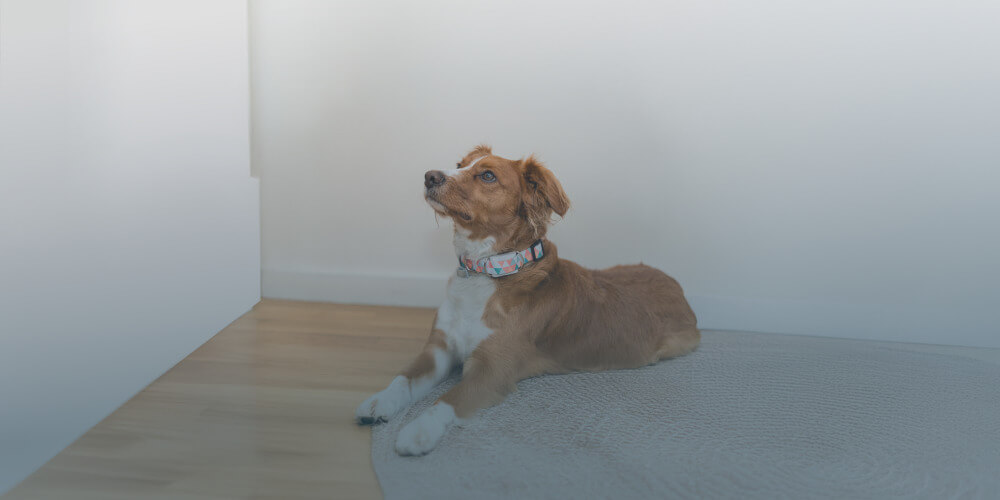
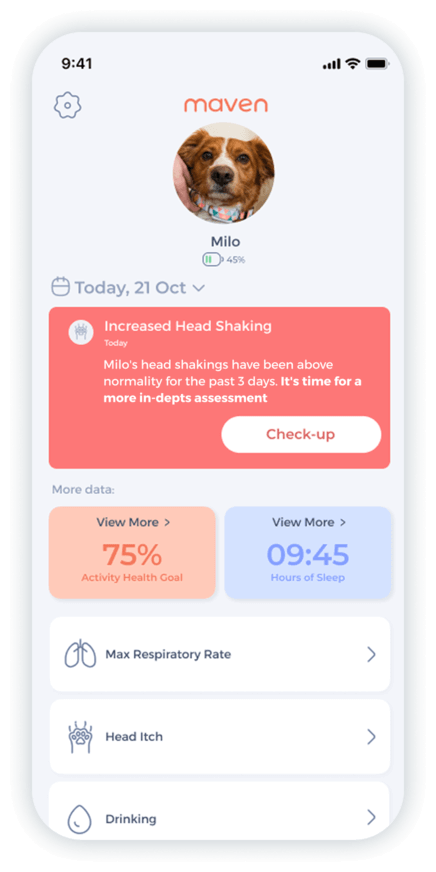
Monitor heart rate, respiratory rate, activity & rest, drinking, itch behavior.
Also, if you’re curious about why your dog is licking everything, this could be a symptom related to discomfort or anxiety, which may be reflected in the data from this pet smart collar.
What You Can Do
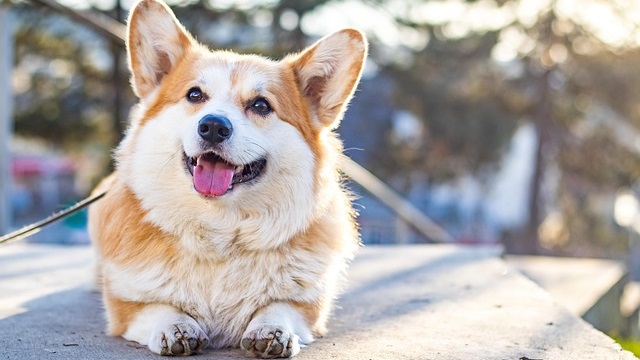
If your doggy drools more than usual, you must take quick, informed steps to determine the cause and ensure they stay healthy. Here’s how to start dealing with drooling effectively:
- Inspect the mouth and check for foreign objects — Look inside your dog’s mouth for anything unusual, like sticks, bones, or swelling. Something stuck in the gums or between teeth can trigger excessive drooling. Also, inspect whether there is foul-smelling and thick saliva, and if there’s any blood in it.
- Note any environmental triggers or recent changes — Think about new stressors, unfamiliar foods, or exposure to heat. These changes can lead to behavioral drooling, especially in sensitive dogs.
- Contact your vet if symptoms persist — If the drooling continues or is accompanied by vomiting, lethargy, or loss of appetite, it’s time to seek veterinary help. They will provide medication, proper dental treatment, medicated mouthwash, or even surgery.
- Comfort your dog — Keep calm, perform soothing gestures, and use gentle words to ease the stress and drooling they may be experiencing. Dogs are highly attuned to your emotions, so maintaining a calm demeanor can help reduce their anxiety.
- Use technology to monitor health patterns in real-time — Devices like a pet smart collar can track activity and help with overall pet wellness by identifying subtle health changes early.
Conclusion
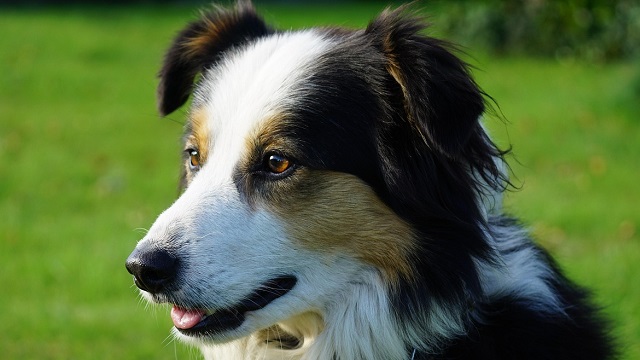
To understand your question, “Why is my dog drooling so much?”, start by understanding what’s normal for your pup. Occasional drooling can be harmless and is a natural part of the canine experience, especially in certain breeds or situations, such as when moistening chewed food. Nevertheless, a sudden or abnormal saliva production may signal a health issue.
You must be able to distinguish between the two to protect your dog’s well-being. Stay proactive by monitoring your dog’s behavior, checking for potential triggers, and not hesitating to contact your veterinarian if something feels off.
Tools like a pet smart collar can offer added peace of mind, as they allow you to track subtle changes in activity or health in real time.
Remember that early detection makes all the difference in keeping your dog healthy!
Maven Pet focuses on improving the quality of life of our pets with technology, using artificial intelligence (AI) to enable proactive pet care. By accurately collecting and monitoring pet data 24/7 and flagging any irregularities, Maven Pet empowers pet parents and veterinarians to stay ahead of potential health issues, ensuring the well-being and longevity of our beloved companions.

